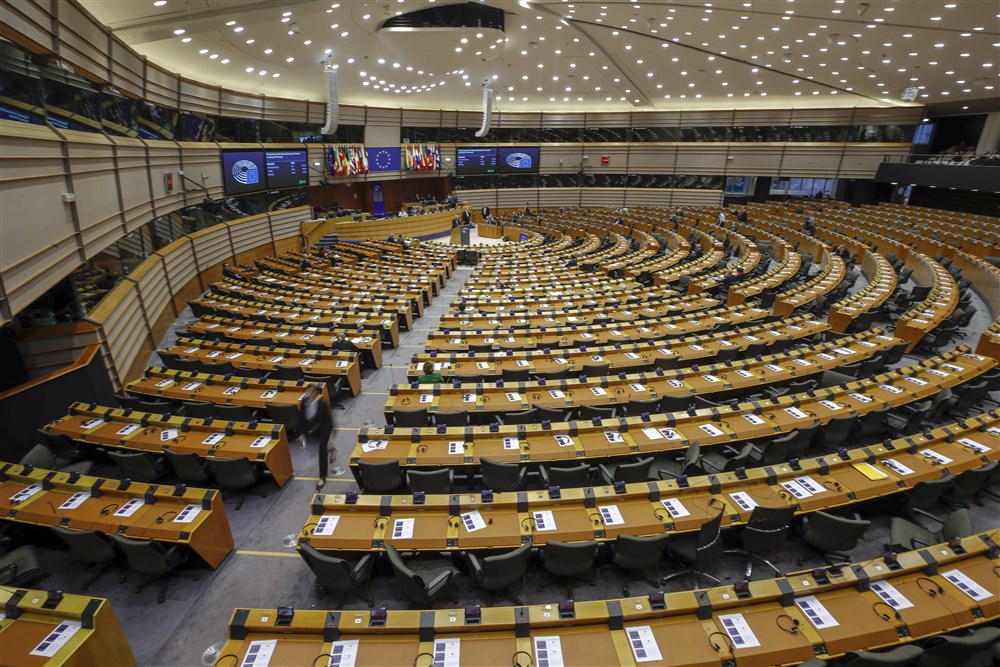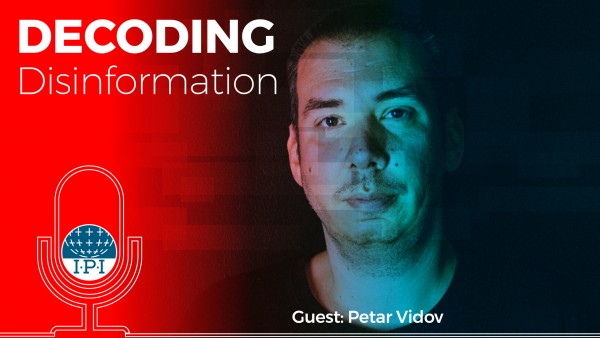The International Press Institute joins 14 media freedom and civil society organizations to call on the European Parliament to strengthen provisions in the European Media Freedom Act (EMFA), to prevent abuse of state advertising by governments that reward pliant media and punish independent journalism.
The European Parliament is due to finalise its position in October and must improve on the current text of the CULT Committee if the EMFA is to meet its ambitions to ensure media freedom can flourish in the European Union.
********************************
Public Letter concerning state advertising in the
European Media Freedom Act
14 September 2023
Dear Members of the European Parliament,
The negotiations on the European Media Freedom Act (EMFA) are nearing their end in the European Parliament. While the Council and the Committee on Culture and Education (CULT) have made some improvements to the text, many challenges remain. The vote in the plenary of the European Parliament will be crucial to the protection and promotion of media freedom and pluralism in the European Union.
If media is to remain free and independent, it needs to be on a sound financial footing. State revenue is one of the resources that must be distributed fairly and transparently. Article 24 of the EMFA is a welcome step in that it requires non-discriminatory and open procedures and criteria to be employed when attributing state advertising to media. However, the Article does not provide sufficient tools to prevent authorities from allocating public resources in an unjust and opaque manner. And while the CULT Committee introduced impactful changes to the text, it does not do enough to close several loopholes that exist.
In order for the EMFA to adequately address this issue, we call for:
- No reintroduction of the “1 million inhabitants” threshold for publishing information regarding state advertising.
- An EU-wide online database of state advertising that is easily accessible for the general public and which journalists and civil society can use to connect seemingly unrelated occurrences of public revenue allocation.
- Full inclusion of emergency messages, as introduced by Article 2 (15 a) of the Report of the CULT Committee, in the concept of state advertising, to prevent authorities from using catastrophes or states of emergency as justification for funding politically affiliated or friendly media.
- Regular and mandatory reporting obligations for authorities which are fully transparent and show the full allocation of state advertising, and which include information on media ownership. The reporting must be available to relevant independent and accountable regulators and resulting reports to all stakeholders.
- Monitoring of state advertising and state aid allocation to media, ensuring that enough data is collected by the Commission on the true state of these resources in a centralised manner.
In all the above-mentioned points, we support the Opinion of the Committee on Civil Liberties, Justice and Home Affairs (LIBE). We believe that if the Parliament incorporates the provisions the LIBE Committee proposed into its final text, the European Media Freedom Act will serve as an example of well-proportioned safeguards against undue state influence on the media sector. We trust that we can count on the European Parliament to strengthen the EMFA’s state advertising provisions and by doing so, ensure that media freedom can flourish in the European Union.
Sincerely,
1. Access Info Europe
2. ARTICLE 19
3. Association of European Journalists (AEJ Belgium)
4. Citizens Network Watchdog Poland
5. Civil Liberties Union for Europe (Liberties)
6. Committee to Protect Journalists
7. European Centre for Press and Media Freedom (ECPMF)
8. European Federation of Journalists (EFJ)
9. European Partnership for Democracy (EPD)
10. Global Forum for Media Development (GFMD)
11. International Press Institute (IPI)
12. Ossigeno.info
13. Reporters Without Borders (RSF)
14. Society of Journalists, Warsaw
15. The Daphne Caruana Galizia Foundation



